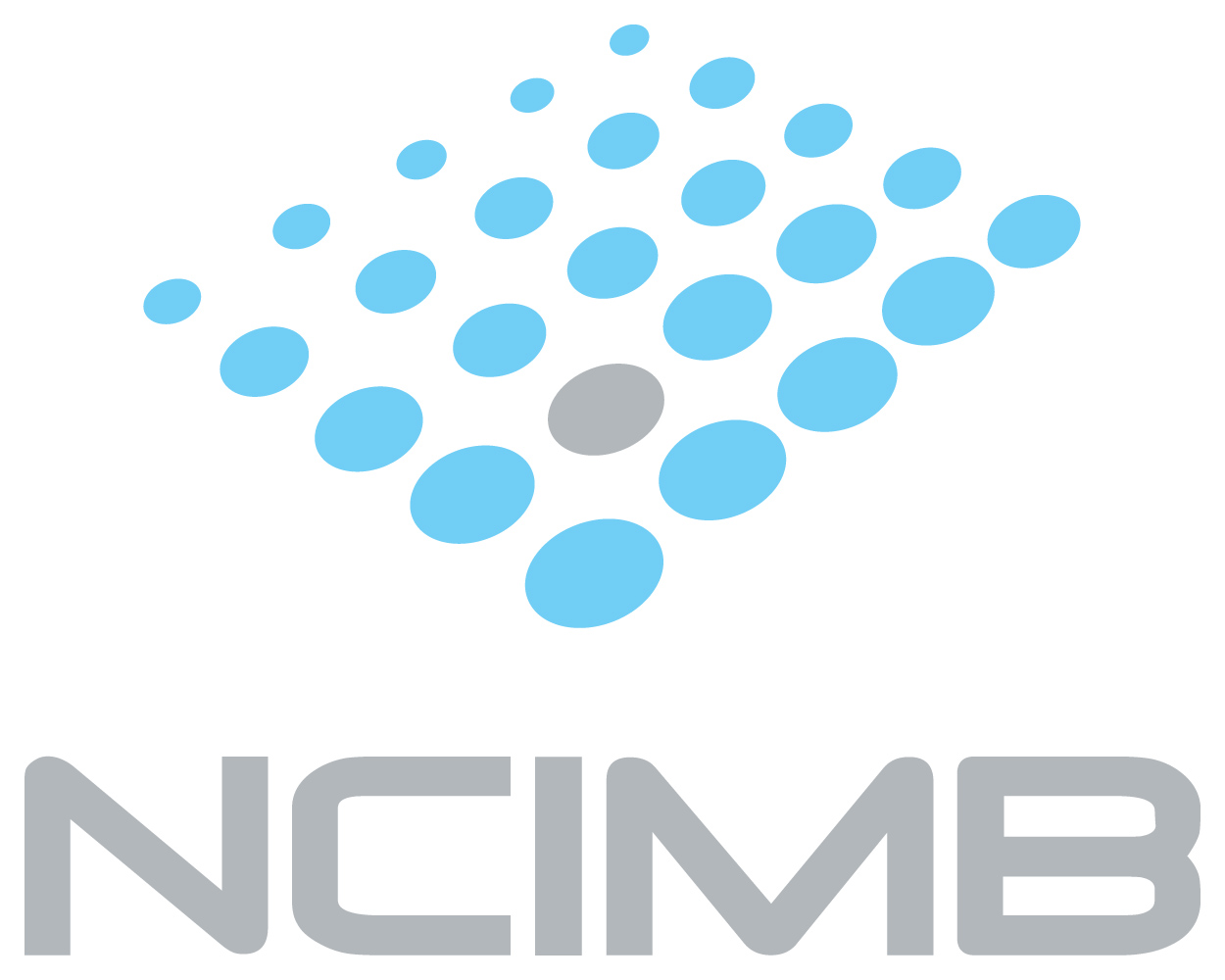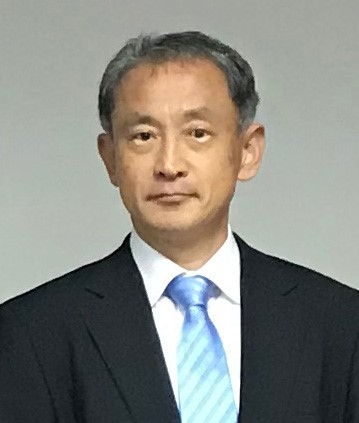 Ikuro Abe, The University of Tokyo, Japan
Ikuro Abe, The University of Tokyo, Japan
Ikuro Abe is Professor of Natural Products Chemistry at Graduate School of Pharmaceutical Sciences, The University of Tokyo (2009-). He received his B.S. (1984) and Ph.D. (1989) from The University of Tokyo. After two years postdoctoral research with Professor Guy Ourisson at the CNRS Institut de Chimie des Substances Naturelles, and mostly with Professor Michel Rohmer at the Ecole Nationale Supérieure de Chimie de Mulhouse in France (1989-1991), he moved to the USA to work with Professor Glenn D. Prestwich at the State University of New York at Stony Brook (1991-1996) and then at The University of Utah (1996-1998). His research interests mostly focus on exploring and engineering the natural products biosynthesis. He has authored 200+ publications including Nature, Nat. Chem. Biol., Nat. Commun., JACS, ACIE, and PNAS. He received the Pharmaceutical Society of Japan Award in 2019, and Prizes for Science and Technology by the Minister of Education, Culture, Sports, Science and Technology, Japan. He is a former President of The Japanese Society of Pharmacognosy.
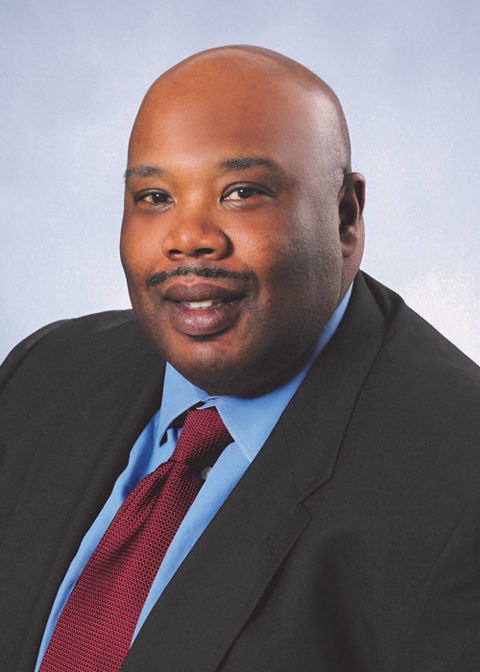 Squire Booker, The Pennsylvania State University, United States
Squire Booker, The Pennsylvania State University, United States
Squire J. Booker is an Evan Pugh Professor of Chemistry and of Biochemistry and Molecular Biology, and the Eberly Family Distinguished Chair in the College of Science at the Pennsylvania State University. He is also an investigator of the Howard Hughes Medical Institute. He received a B.A. degree with a concentration in chemistry from Austin College in 1987 and a Ph.D. in biochemistry from the Massachusetts Institute of Technology in 1994. After postdoctoral studies in Paris, France and at the University of Wisconsin, he joined the faculty at Penn State in 1999. Booker’s research focuses on natural product biosynthesis, antibiotic resistance and metalloenzymology, with a particular emphasis on the methylation and sulfhydrylation of unactivated carbon centers.
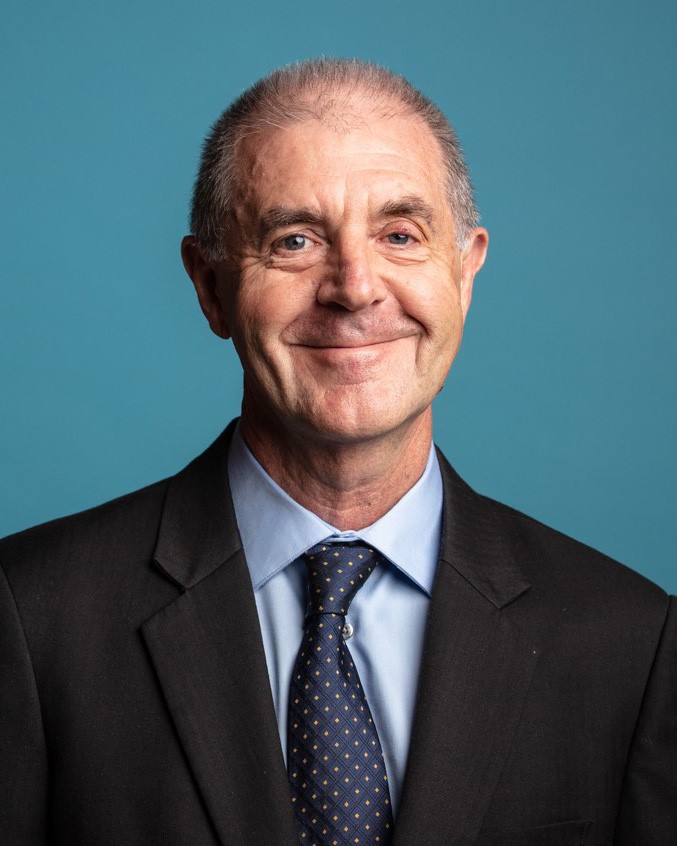 David Craik, University of Queensland, Australia
David Craik, University of Queensland, Australia
David Craik, FAA, FRS, is a group leader and Professor of Chemistry at the Institute for Molecular Bioscience at The University of Queensland, Brisbane, Australia. He obtained his PhD in organic chemistry from La Trobe University in Melbourne, Australia and undertook postdoctoral studies at Florida State and Syracuse Universities before taking up a lectureship at the Victorian College of Pharmacy in 1983. He was appointed Professor of Medicinal Chemistry and Head of School in 1988. He moved to University of Queensland in 1995 to set up a new biomolecular NMR laboratory and is currently the Director of the Australian Research Council Centre of Excellence for Innovations in Peptide and Protein Science. His research focuses on applications of cyclic peptides, toxins and NMR in drug design. He is a Fellow of the Royal Society and a Fellow of the Australian Academy of Science, is author of more than 750 papers and has trained 70 PhD students.
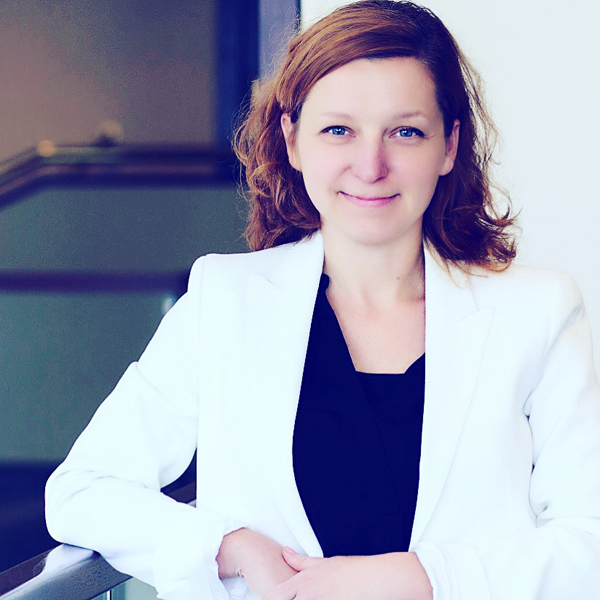 Ania Fryszkowska, Merck, United States
Ania Fryszkowska, Merck, United States
Dr. Ania Fryszkowska the Director of Biocatalysis in Process R&D Enabling Technologies at Merck Sharp and Dohme, USA, where she is responsible for driving the application of enzymes to support the drug pipeline from discovery to commercial launch. Ania received her Ph. D. in organic synthesis from the Warsaw University of Technology and then went on to complete post-doctoral studies with Professor Nigel Scrutton at the University of Manchester working on flavin-dependent enzymes. After five successful years at Dr. Reddy’s Laboratories in the UK, she joined the Biocatalysis group at Merck in 2015, where she has played a pivotal role in driving innovation and expanding biocatalytic tools for process and medicinal chemistry. Ania co-led the development of the novel nine-enzyme cascade process for islatravir (Science, 2019), focusing on the sugar portion. She was a key contributor to inventing the suite of enzymatic methods for site-selective protein functionalization, utilized in the syntheses of insulin bioconjugates MK-5160 and MK-1029 (Science, just accepted). She authored over 25 publications and patents and her scientific contributions were recognized by many awards, including the ACS Young Investigator Award in 2020. Ania co-organized a series of Virtual Biocatalysis and Protein Engineering Meet-ups, which served as a platform for early-career scientists from industry and academia to share their science during the pandemic.
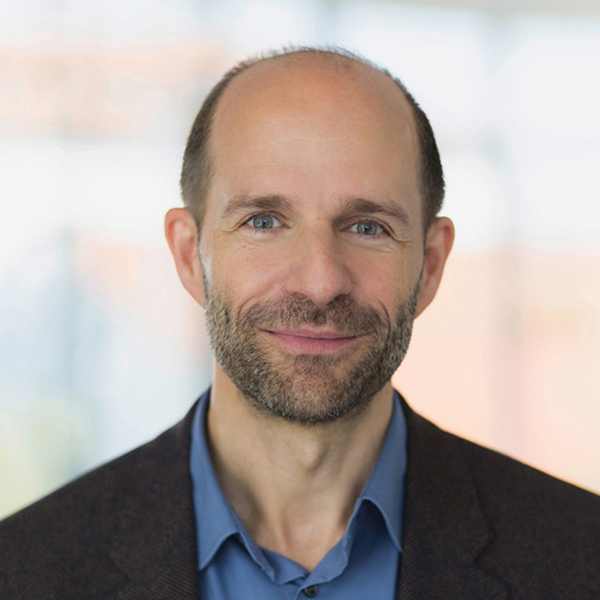 Christian Hertweck, Hans Knöll Institute, Germany
Christian Hertweck, Hans Knöll Institute, Germany
Christian Hertweck is the Head of Department Biomolecular Chemistry and Deputy Director at the Leibniz Institute for Natural Product Research and Infection Biology (HKI), and a Full Professor in the Faculty of Biological Sciences at the Friedrich Schiller University Jena. His research focuses on the discovery of microbial natural products, elucidating and harnessing their biosynthesis (genome mining, pathway engineering), and studying the molecular basis of microbial interactions. In recognition of his group's contribution to the field he was granted numerous awards including the Gottfried Wilhelm Leibniz Prize, and was elected as member of the German National Academy (Leopoldina) in 2015.
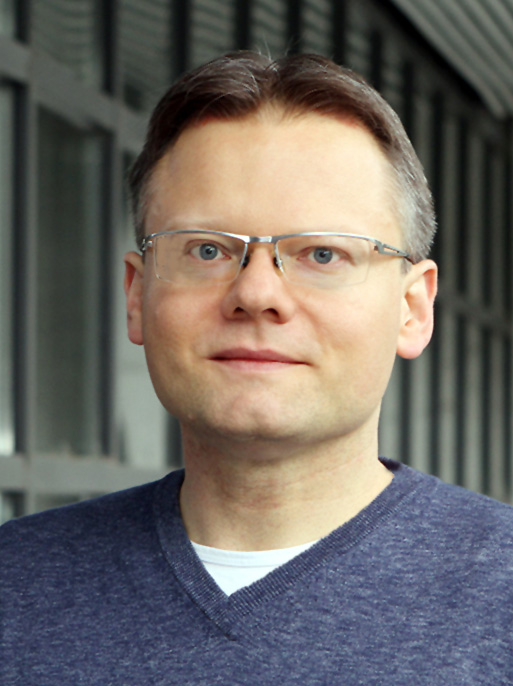 Timm Maier, University of Basel, Switzerland
Timm Maier, University of Basel, Switzerland
Timm Maier studied Biochemistry at the University of Tübingen, Germany, and completed his Doctorate in Structural Biology with Wolfram Saenger at Freie Universität, Berlin, Germany, in 2003. Timm Maier then moved as a Postdoc to the lab of Nenad Ban at ETH Zurich, Switzerland, where he was promoted to a team leader and lecturer position in 2006. In 2011, Timm Maier moved to the Biozentrum of the University of Basel as tenure track Assistant Professor and is Associate Professor of Structural Biology at Biozentrum since 2016. He and his team are best known for structural studies on giant multienzymes, in particular fatty acid and polyketide synthases, as well as on metabolic regulation and mTOR complexes.
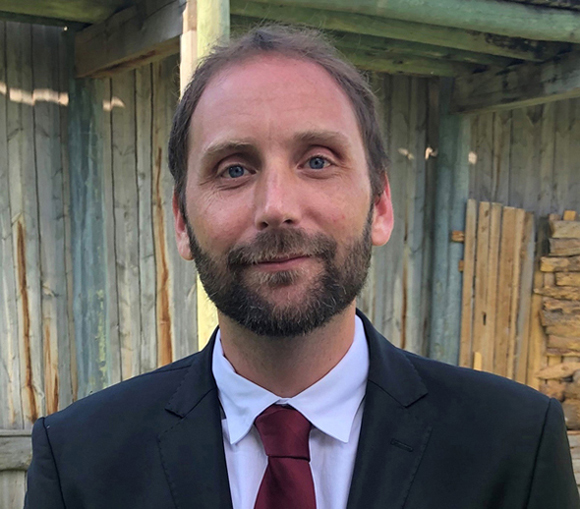 Martin Schmeing, McGill University, Canada
Martin Schmeing, McGill University, Canada
Martin performed graduate research with Tom Steitz at Yale University, studying the architecture and mechanism of the large ribosomal subunit. He then performed postdoctoral training at the LMB, Cambridge, with Venki Ramakrishnan, using cryo-EM and X-ray crystallography to investigate initiation and elongation of translation. Martin established his own laboratory at McGill University in 2010, where he studies nonribosomal peptide synthetases (NRPSs). Two aspects of particular focus of the group’s NRPS research are the catalytic event which links substrate building blocks into peptide products, and the manner in which these enzymes’ domains and modules work together in a complicated and productive catalytic cycle. Martin is currently an Associate Professor of the Department of Biochemistry, the Director of the McGill Centre for Structural Biology, an Associate Director of the McGill Facility for EM Research and the Canada Research Chair in Macromolecular Machines.
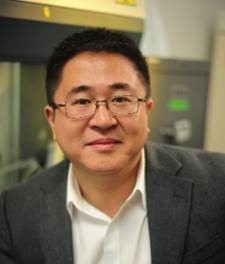 Yi Tang, University of California Los Angeles, United States
Yi Tang, University of California Los Angeles, United States
Yi Tang received his undergraduate degree in Chemical Engineering and Material Science from Penn State University. He received his Ph.D. in Chemical Engineering from California Institute of Technology under the guidance of Prof. David A. Tirrell. After NIH postdoctoral training in Chemical Biology from Prof. Chaitan Khosla at Stanford University, he started his independent career at University of California Los Angeles in 2004. He is currently a professor at the Department of Chemical and Biomolecular Engineering at UCLA, and holds joint appointments in the Department of Chemistry and Biochemistry; and Department of Bioengineering. His awards include the ACS Arthur C. Cope Scholar Award (2012), the EPA Presidential Green Chemistry Challenge Award (2012), NIH DP1 Director Pioneer Award (2012) and the ACS Eli Lilly Award in Biological Chemistry (2014).
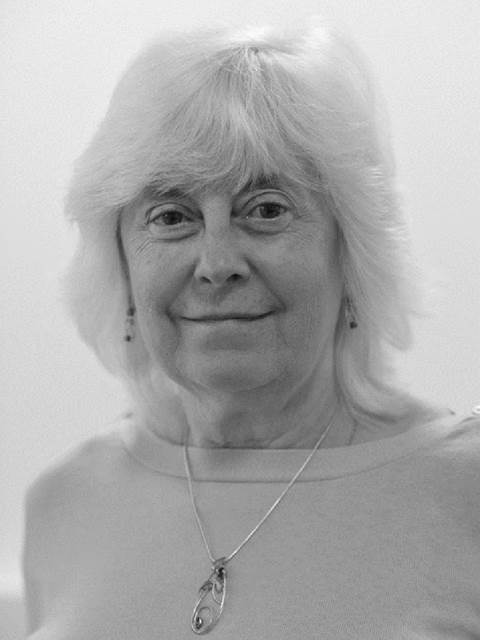 Chris Willis, University of Bristol, United Kingdom
Chris Willis, University of Bristol, United Kingdom
Chris Willis is currently Head of the Organic and Biological Chemistry Section at the University of Bristol. Her collaborative research programmes focus on the use of both synthetic biology and organic synthesis to elucidate and manipulate biosynthetic pathways to deliver novel bioactive compounds and biocatalysts, leading to >170 publications. She was awarded the RSC Flintoff Medal in 2008, was a member of the Bristol Polyketides Group awarded the 2013 Rita and John Cornforth Award and recently was recognised by an IUPAC 2019 Distinguished Women in Chemistry or Chemical Engineering Award.
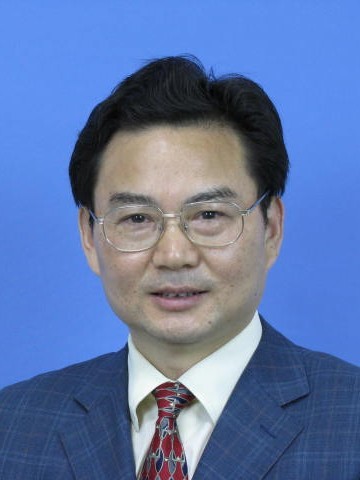 Ren Xiang Tan, Nanjing University, China
Ren Xiang Tan, Nanjing University, China
Ren Xiang Tan, China. China Pharmaceutical Univ. (BS 1983, MS 1986), Lanzhou Univ. (Ph D 1990, Prof. Z. J. Jia), Technical Univ. Berlin (Visiting Ph D candidate, 1989-1990, Prof. F. Bohlmann), Univ. Lausanne (Visiting scholar, 1995 and 1997, Prof. K. Hostettmann), Univ. California San Diego (Visiting scholar, 2001 and 2003, Prof. W. Fenical), Nanjing Univ. (Associate Prof., 1992; Prof., 1994-present), Nanjing Univ. of Chinese Medicine (Chair Prof., 2016-present; Vice-president, 2016-2018). He works on the discovery and biosynthesis of symbiont-derived bioactive natural products.
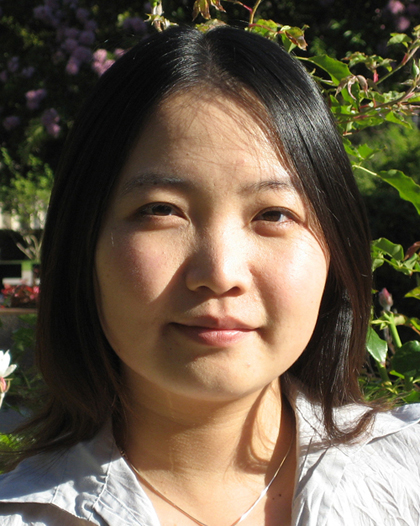 Wenjun Zhang, University of California Berkeley, United States
Wenjun Zhang, University of California Berkeley, United States
Wenjun Zhang is an Associate Professor in the Department of Chemical and Biomolecular Engineering at University of California Berkeley and the Charles R. Wilke Endowed Chair in Chemical Engineering. She did her doctoral training with Yi Tang at UCLA and her postdoctoral training with Christopher T. Walsh at Harvard Medical School before joining UC Berkeley in 2011. She is the author of 70+ scientific publications and received awards such as Pew Scholar (2012), NIH Director’s New Innovator (2015), Sloan Research Fellow (2016), American Cancer Society Research Scholar (2017), Presidential Early Career Award for Scientists and Engineers (2019), etc. Zhang Lab is broadly interested in natural product discovery, biosynthesis, engineering, and biological studies.
















